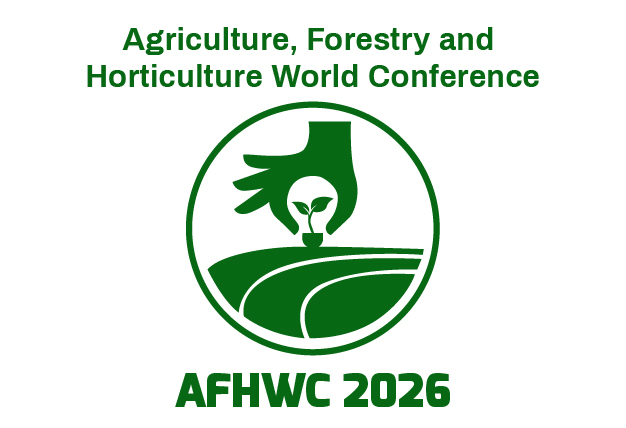Speakers - AFHWC2025

Minshad Ansari
Minshad Ansari
- Designation: CEO and Founder of Bionema Group
- Country: United Kingdom
- Title: Biofilms A Next Generation Solution for Sustainable Agriculture
Abstract
Abstract: Modern agriculture faces the dual challenge of increasing food production while reducing environmental impact. Though essential for yield gains, synthetic fertilisers contribute significantly to soil degradation, greenhouse gas emissions, and declining soil biodiversity. As policymakers target a 20–30% reduction in fertiliser use by 2030, the need for scalable, biological alternatives has never been greater.
Microbial biofilm structured communities of beneficial microorganisms embedded in an extracellular matrix—offer a next-generation, nature-based solution to enhance plant and soil health. Unlike free-living microbes, biofilms provide a stable microenvironment that enables synergistic action among microbial species, improving nutrient delivery and stress tolerance.
Key mechanisms by which microbial biofilms support sustainable agriculture include:
- Nitrogen fixation and phosphorus solubilisation, reducing reliance on synthetic inputs
- Potash and micronutrient mobilisation for improved nutrient availability
- Production of plant growth-promoting hormones (e.g., auxins, gibberellins), enhancing root architecture and nutrient uptake
- Soil aggregation and organic carbon enhancement, leading to improved structure, moisture retention, and microbial diversity
Field trials conducted by Bionema Group, with support from Innovate UK and DEFRA, demonstrate that biofilm-based biofertilisers can:
- Reduce synthetic fertiliser use by up to 50%
- Increase crop yields by 20–30%
- Restore long-term soil fertility and ecosystem function
This presentation will explore biofilm formulation strategies, microbial interactions, field performance, and commercial pathways. As agriculture transitions toward climate-smart practices, microbial biofilms represent a powerful tool to regenerate soils, reduce inputs, and secure resilient food systems globally.

